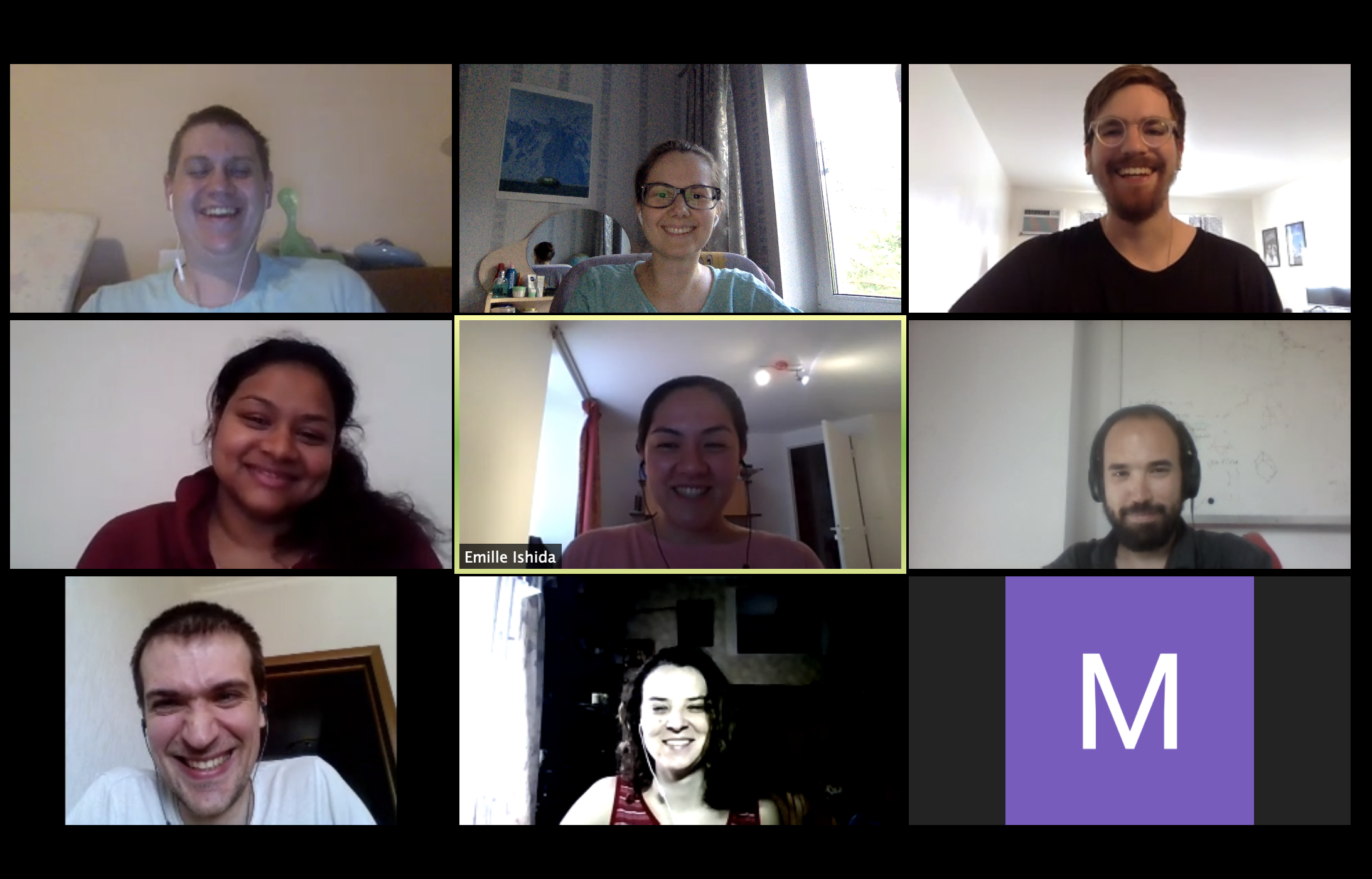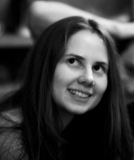
astronomer
Researcher of Sternberg Astronomical Institute (Moscow). The main scientific interests are supernovae of all types. However, Type Ia supernovae seems to be the favorite one. As a post-doc, Maria spent two years in Clermont-Ferrand, that's why she can easily distinguish 6 semaines Saint-Nectaire from 8 semaines. Homepage: https://pruzhinskaya.com
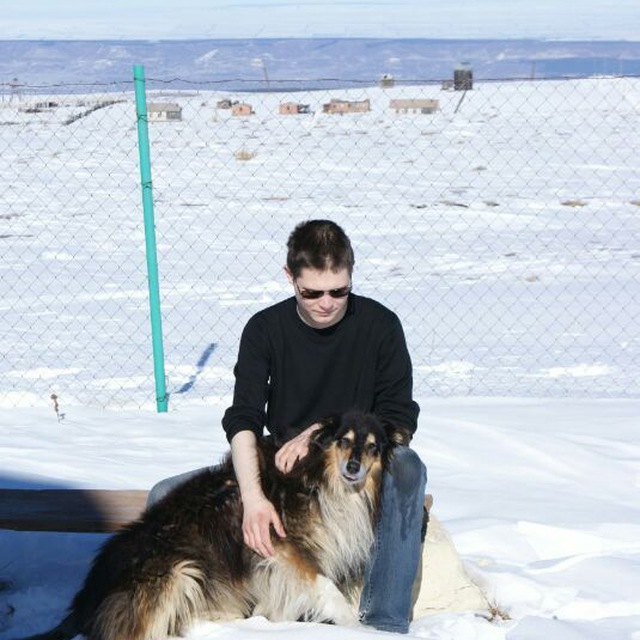
astronomer
If you are using Linux, then you already came across Matwey's code. You can learn more about Matwey by looking at his GitHub account.

astronomer
Python lover. Konstantin works as a researcher at Sternberg Astronomical Institute and as an associate professor at Higher School of Economics (Moscow). He defended his PhD on Non-stationary processes in astrophysical accretion discs under the supervision of Prof. N.I. Shakura. Now he is dreaming to study different machine learning methods in astrophysics. Konstantin's GitHub.
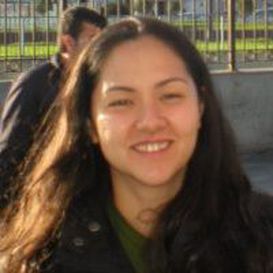
astronomer
Brazilian physicist, working in Astronomy and discovering Statistics. Emille's research is focused in Type Ia Supernovae (photometric classification, characterization and cosmological application), machine learning, Bayesian modeling and the connections between them. She is a leader of the Cosmostatistics Initiative (COIN). Homepage: https://emilleishida.com
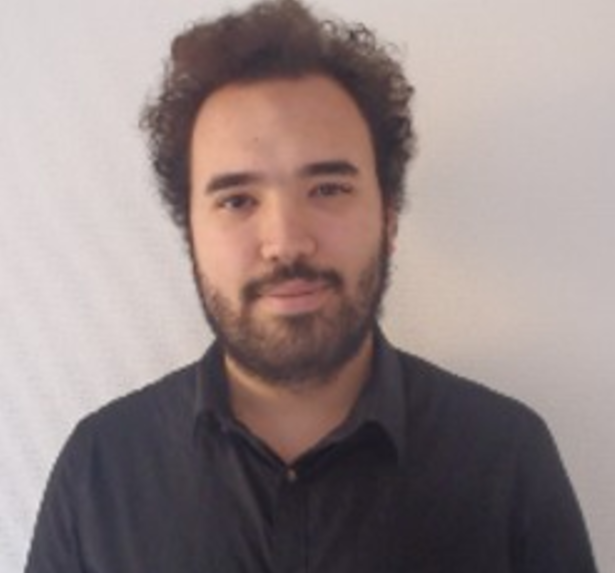
cosmologist
Ph.D. student of the Laboratoire de Physique Corpusculaire (Clermont-Ferrand, France). Florian is a member of LSST working group where he performs the cosmological analysis with Type Ia Supernovae basing on the modern standardization techniques.
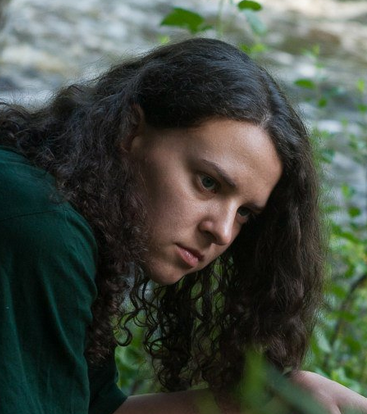
astronomer
Alina works at Space Research Institute of the Russian Academy of Sciences (Moscow). Her main scientific interests are gamma-ray bursts and their optical counterparts. She contributes to the observations of a binary neutron star merger detected through gravitational waves by the Advanced LIGO and Advanced Virgo detectors. Alina is an incredible musician and vocalist.
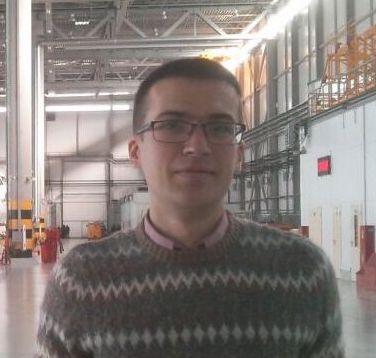
aeronautical scientist
Researcher of Central Aerohydrodynamic Institute (Zhukovsky) and a lecturer at the Department of Aeromechanics and Flight Engineering of Moscow Institute of Physics and Technology (MIPT). The main scientific interests are aircraft dynamics, control systems, identification of aerodynamic characteristics.
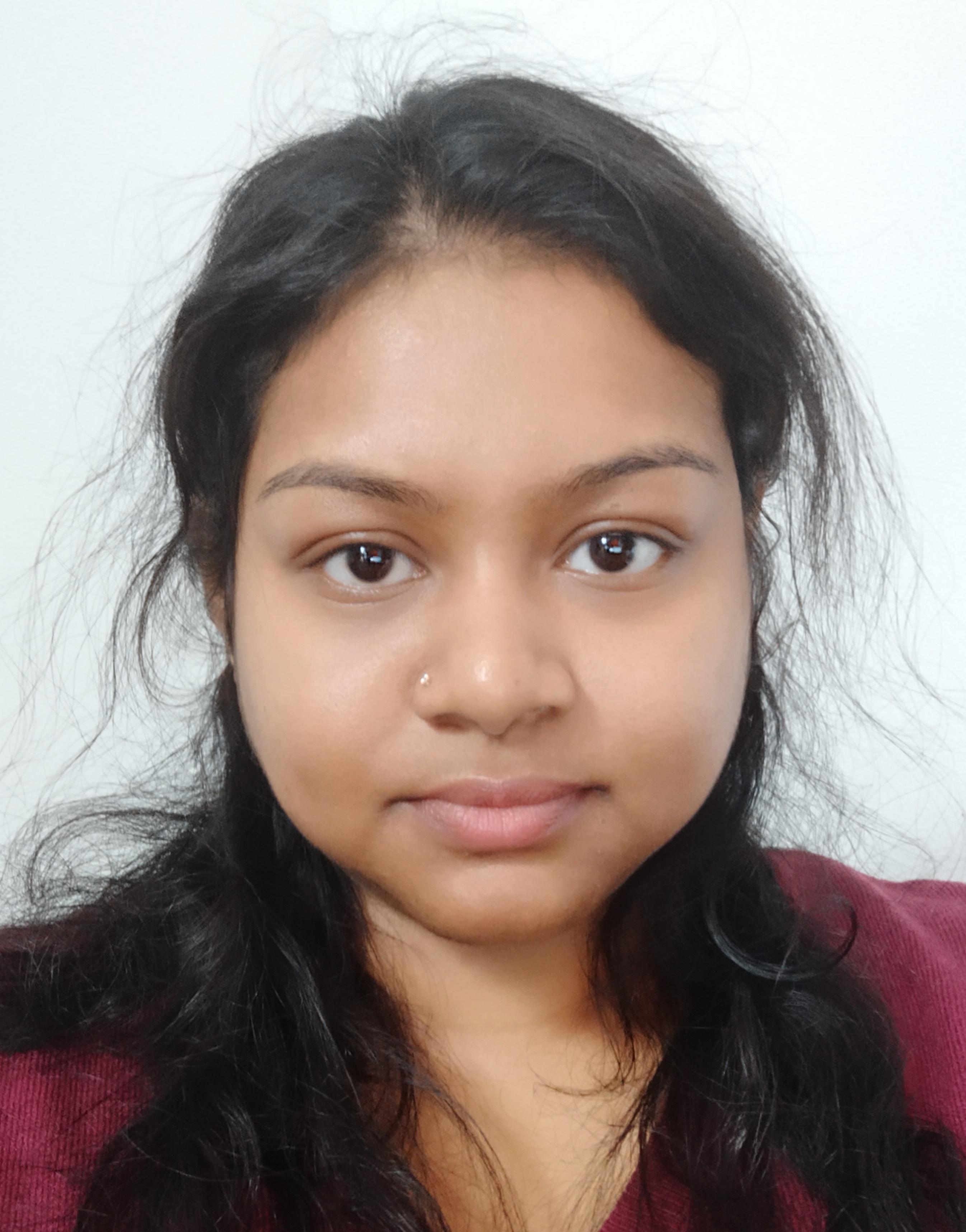
astronomer
Astrophysicist from India, with the twin pet peeves of machine learning and galaxies. Sreevarsha works as a postdoctoral fellow at the Laboratoire de Physique de Clermont in the LSST group. She is currently working on refining an active learning algorithm for the classification of supernovae.
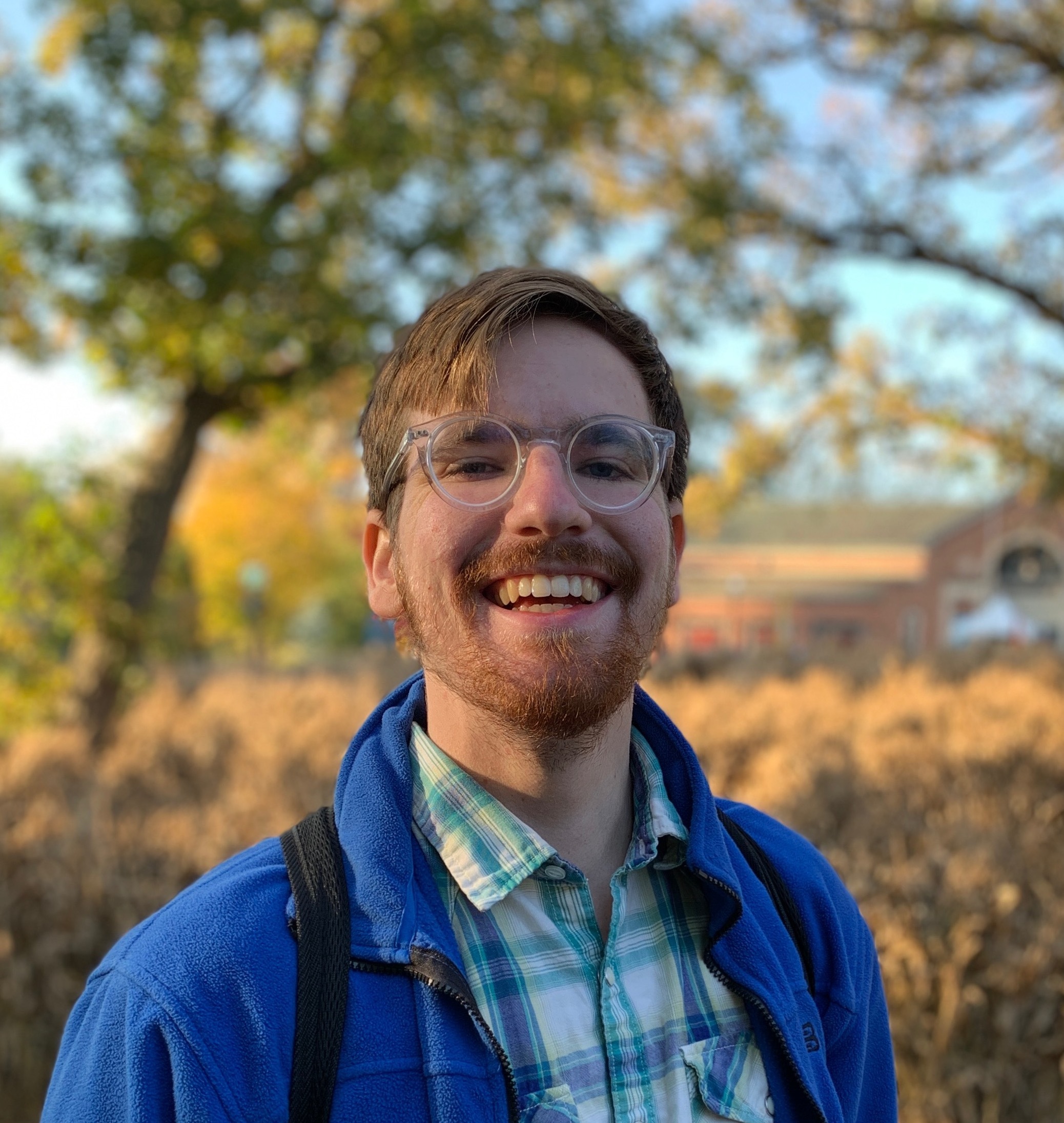
PhD student
PhD student at the University of Illinois at Urbana-Champaign. Patrick has worked on machine learning-informed cinematic astrophysical data visualization with NCSA’s Advanced Visualization Lab, and is now working on building an anomaly detection filter for real-time alert brokers such as ANTARES for deployment on LSST. He is interested in an interdisciplinary approach to apply machine/deep learning, visualization, and anomaly detection techniques to astronomical big data. In his free time, Patrick enjoys being a background actor in Hollywood films, and writes his own screenplays.
